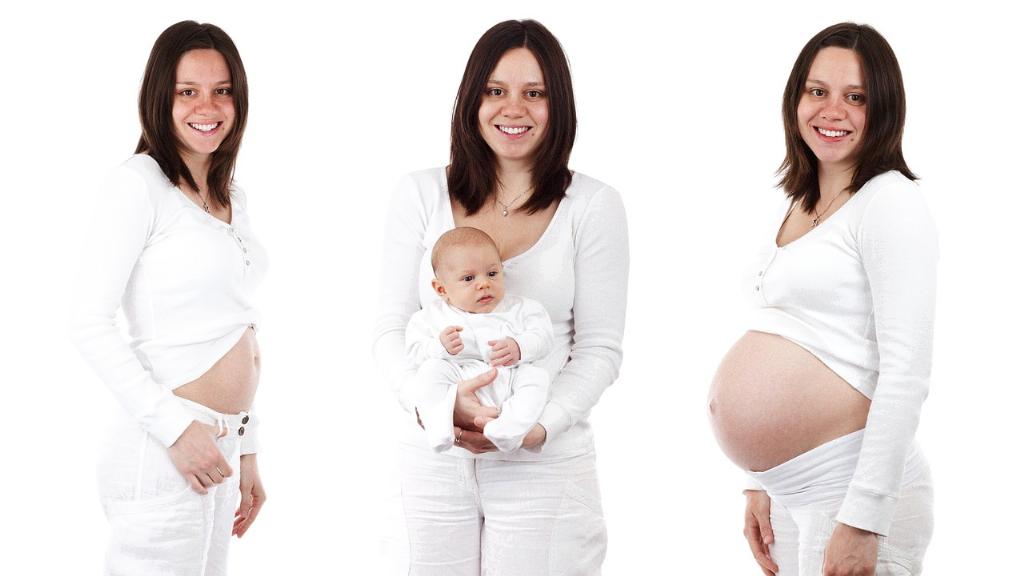When it comes to the accuracy of Clearblue negative tests, there are some key factors to consider. The most important thing to remember is that if you use the test correctly and your period is due, the result will be more than 99% accurate. This high level of accuracy provides reassurance to many women who rely on Clearblue tests to confirm their pregnancy status.
It is crucial to follow the instructions carefully when taking a Clearblue pregnancy test. By doing so, you can ensure that you are obtaining the most accurate result possible. Any deviation from the instructions could potentially impact the reliability of the test result, so it is essential to read and follow the guidelines provided.
If you receive a negative result on a Clearblue test and your period is late, it is recommended to test again after three days or consult with your healthcare provider. Sometimes, factors such as testing too early or not following the instructions correctly can lead to false negative results. Retesting after a few days can help confirm the accuracy of the initial result.
While Clearblue tests are known for their accuracy, it is essential to keep in mind that no test is foolproof. There is always a slight margin of error associated with any type of pregnancy test. However, Clearblue has been shown to provide reliable results for the majority of users, giving them peace of mind during an otherwise uncertain time.
One common misconception is that a negative result on a pregnancy test is always definitive. In reality, there are various reasons why a woman might receive a negative result, including testing too early, diluted urine samples, or underlying health conditions that can affect hormone levels. It is crucial to consider these factors when interpreting the result.
Clearblue tests utilize advanced technology to detect the presence of the pregnancy hormone hCG in urine. This hormone is produced by the placenta shortly after implantation occurs, indicating that a woman is pregnant. The sensitivity of Clearblue tests allows them to detect even low levels of hCG, providing accurate results for most women.
For women who rely on Clearblue tests to monitor their fertility or confirm a suspected pregnancy, understanding the accuracy of negative results is essential. By being aware of the factors that can influence test results, women can make informed decisions about their reproductive health and seek appropriate medical care if needed.
It is important to remember that a negative result on a pregnancy test does not necessarily mean that a woman is not pregnant. In some cases, hCG levels may not be high enough to register on a test, especially in the early stages of pregnancy. In such instances, retesting after a few days or consulting with a healthcare provider can provide clarity.
While Clearblue tests are designed to be highly accurate, they are not infallible. Factors such as improper storage, expired test kits, or testing outside the recommended timeframe can affect the reliability of the results. It is crucial to use the test as instructed and to pay attention to any potential issues that may impact its accuracy.
Ultimately, the accuracy of a Clearblue negative test depends on various factors, including proper usage, timing, and individual health circumstances. By following the guidelines provided and being aware of potential limitations, women can maximize the reliability of their test results and make informed decisions about their reproductive health.
In conclusion, Clearblue negative tests are highly accurate when used correctly and in the appropriate circumstances. While no test is perfect, Clearblue has a proven track record of providing reliable results for women around the world. By understanding the factors that can influence test results and taking proactive steps to ensure accuracy, women can confidently rely on Clearblue tests for their reproductive health needs.

